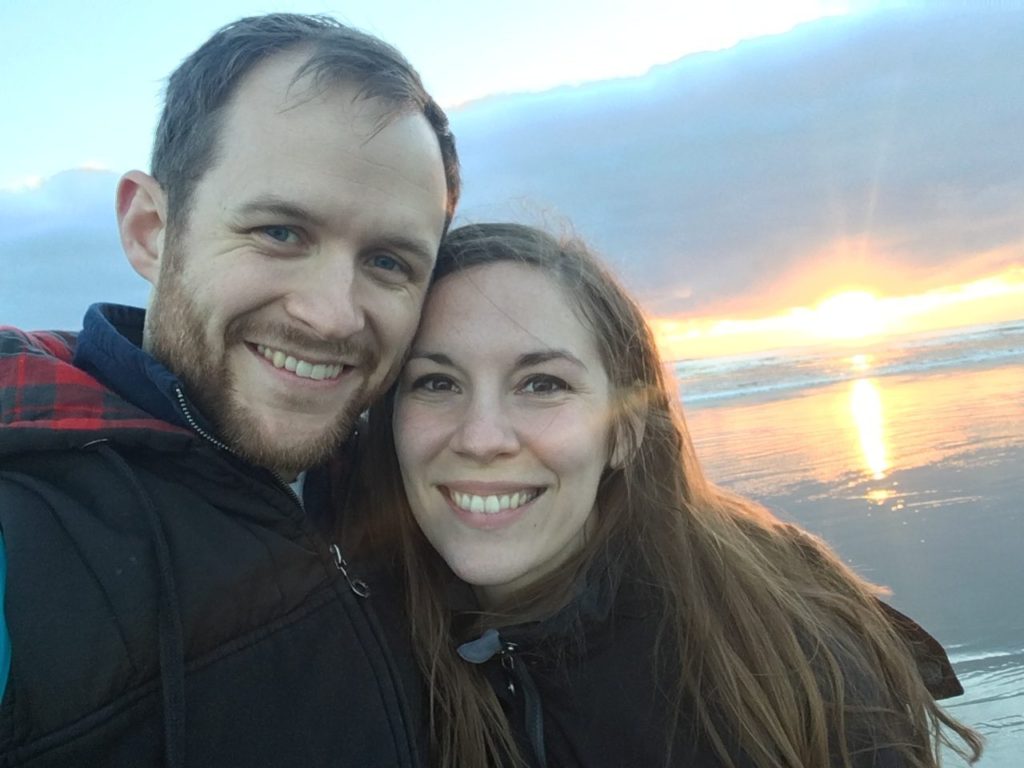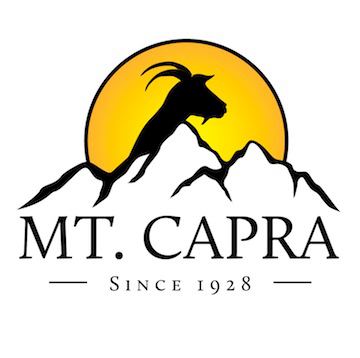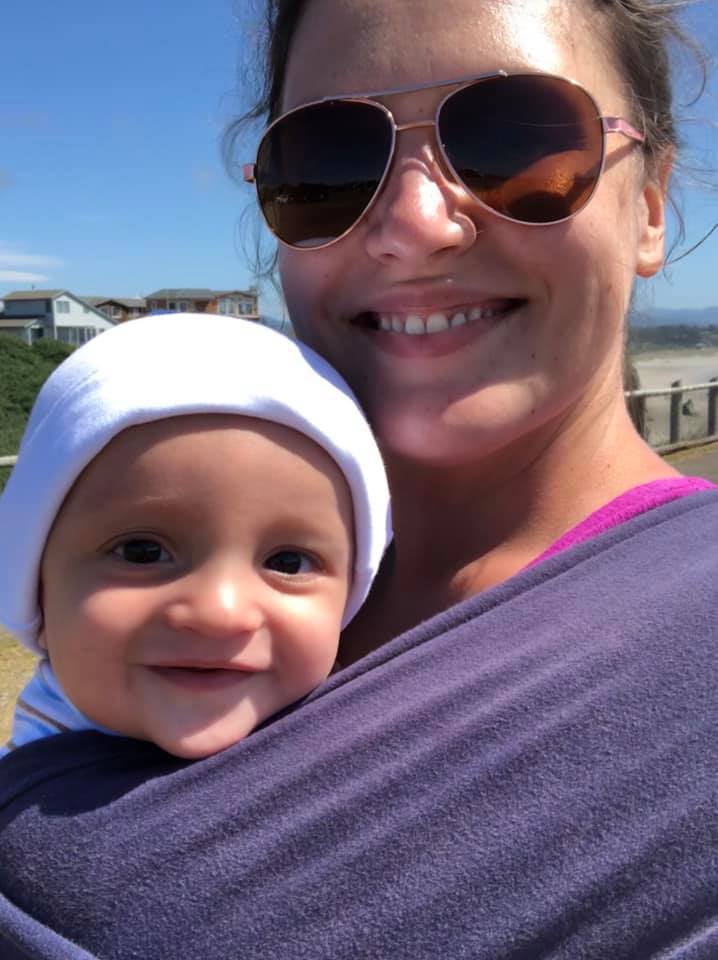Podcast: Play in new window | Download
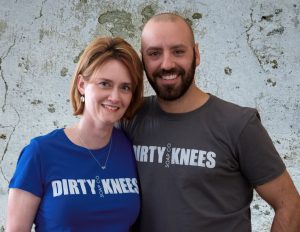
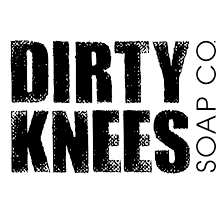
Episode 29.
Does your business grow year after year? Can you maintain that growth? Can you imagine passing on your experiences to help other business owners?
Heidi Danos is the Owner of Dirty Knees Soap Company. When her twins were 1-years-old, she went on a search for a project that would allow her to “find herself again” and do something a little more “adult.” While testing out different soap recipes she came across one that her husband loved, and so she built a company around it.
Heidi has a common sense approach to her business that is refreshing and a giving attitude that has lead her to advise other entrepreneurs and help them along in their journey.
Hear her story and her tips. Listen Now!
- Find out more about Heidi and Dirty Knees Soap Company: https://www.dirtykneessoap.com/
- Check out Heidi’s consulting site: https://heididanos.com/
- Watch their videos:
- Dirty Knees Soap Co – The real story? https://www.youtube.com/watch?v=CeLx9QvK5hY
- About Dirty Knees Soap Co. https://www.youtube.com/watch?v=ZgV2V_7vePU
Beat out your competition – EVEN if it’s Amazon.com: https://brianjpombo.com/amazonbook
Full Transcript
Brian: How has social media benefited your business?
Heidi: Oh, it’s huge. Absolutely huge. It’s been a great Avenue for us to advertise. You know, you get those quippy little videos out there and they get shared, which is awesome.
I’ve had several comments on one of the videos. Oh my gosh, I have to buy your soap now just because of this video.
Podcast Intro: If you’re someone who refuses to go along to get along, if you question whether the status quo was good enough for you and your family. If you want to leave this world better off than you found it and you consider independence a sacred thing.
You may be a prepper, a gardener, a homesteader, a survivalist, or a farmer or rancher, an environmentalist or a rugged outdoorsman.
We are here to celebrate you whether you’re looking to improve your Maverick business or to find out more about the latest products and services available to the weekend rebel.
From selling chicken eggs online, to building up your food storage or collecting handmade soap.
This show is for those who choose the road less traveled the road to self-reliance for those that are living a daring adventure life off the grid.
Brian: Heidi Danos has successfully grown and scaled several successful businesses, most recent being Dirty Knees Soap Company.
After several asks, she also started consulting with other small business owners and those who are looking to be. Heidi Danos, welcome to the Off The Grid Biz Podcast.
Heidi: Hey, thanks Brian. Happy to be here.
Brian: Fabulous. So, why don’t you let everyone know a little bit about what it is that you do.
Heidi: Here at Dirty Knees Soap Company, we create our soaps, body washes, lotions, beard oils, thanks to a lot of customer requests, including my bearded husband, which helps that we have a line of candles right now because people love the sense so much.
We got requests for that and that’s about it. We manufacture everything in house currently and we ship both wholesale and retail all over the country.
Brian: How’d you get started in this business?
Heidi: It’s kind of a funny story.
When my kids were about one, I have twins who are now at least able to take care of themselves a little bit.
But when my kids were one, I decided, Hey, I need to go find myself again and find something to do that’s adult.
So I just happened across, Hey, here’s how to make your own soap. And I thought, Oh, it looks like fun and kind of dangerous.
You know, you’re working with lye, which is not exactly the most kid-friendly chemical in the world. I made a couple batches of soap and after it had had time to cure, gave one to my husband and I said, here, try this as he’s heading into the shower.
Came out and he really did tell me and there’s a video on our website right now too and most of it’s true, but he really did come out and say, I don’t care, what happens, if this turns into something or not?
He’s like, you’re making this for the rest of your life and it just grew from there.
Brian: Well, you know, I have to ask what, why the name, Dirty Knees Soap Company?
Heidi: If you can imagine having one year old or toddler twins, you spend a lot of time on the floor or crawling around.
I also liked to try garden and that didn’t go over too well. We tried.
Brian: Cool.
You know, you mentioned candles and soaps and everything that you guys are manufacturing on your own.
What’s your top selling products right now?
Our top seller is definitely our Minnesota Wood line.
When we started the company, I worked in, lived and worked in Evanston, Illinois. But I grew up in Minnesota, hence Minnesota Wood was kind of a homage to where I grew up.
Now I kind of equate it to, you know, Kentucky whiskey, like people are drinking that all over the country.
It’s not just bought and sold in Minnesota, but our Minnesota line is definitely our bestseller with men specifically,
Brian: Real cool.
Who is your ideal customer?
Heidi: Ideal customer would be anybody who, well, anybody who uses soap, really, anybody who takes a bath or shower, but the ones that we typically tend to get are the ones that are a little bit more aware of ingredients and what they’re using on a daily basis.
One of the things that we have tried to do is to maintain a very minimal ingredient list.
I often challenge people to go pick up a bottle of body wash or a bottle of lotion in the Isles at a store and check out how many ingredients there are, and I guarantee you’re probably going to find a minimum of 12 to 15 ingredients.
And so we decided, you know what? Let’s see what we can do here.
Let’s pair this down into something that is manageable, relatable, and actually digestible for a normal human being.
That’s what we did.
Brian: Great.
What do you like best about your business in your industry?
Heidi: I enjoy hearing from customers.
It’s funny that you know, you don’t think that somebody who buys a bar of soap is going to get so excited about it, but I’ve received several emails from people when they get the soap and they’re just like, Oh my God, I love this and can you do this in this scent? Can you do this?
And that’s actually how we’ve grown.
Our entire product line is really listening to our customers, which makes sense. They’re the ones who are going to buy it. We provide.
Brian: Excellent.
What are your biggest gripes regarding your business or your industry?
Heidi: I don’t know if I have any gripes with the industry or the business.
I can say that it is sometimes difficult at one point when it wasn’t a bad time, but we were asked to produce a very large order for a very well known national chain and so all of a sudden it was, Oh my God, we have to do this and we have to do this and we have to buy when there are definitely challenges in the business itself with the industry.
It is what it is, I guess.
Brian: So it’s been long-term scaling issues, as you grow you have to deal with the growing pains of all that.
Heidi: Oh absolutely and I think any business, if you’re growing, there are definitely growing pains.
Brian: Are you finding most of your customers through people retailing your items or through other places?
Where are you finding most of your new customers at?
Heidi: Most of them are all retail customers and most come in via our website.
That’s not to say that we don’t do wholesale. However, as you probably already know, the landscape for that has changed quite a bit in the past few years.
We used to have quite a bit out there with regard to wholesale and then we’ve had entire chains shut down on us.
So at one point we decided, you know what, let’s just focus on the retail side of things. It works.
We still have wholesale customers out there and we still work with the sales reps and all that, but main focus is on the retail side.
Commercial Break: We’re going to take a quick break from this conversation. You know when people ask me what I do, I tell them I’m a business growth strategist and they say, well, what the heck is that? It’s all about standing out against your competition, standing out within your industry, standing out in front of your most ideal clients so that there is no competition. There is no comparison.
There’s nobody else out there that can do what you do in the way that you do it, whether that be product services or otherwise. One of the toughest places to stand out is when you’re discussing the concept of competition, so whether your customers see it as competition or whether it’s only you that sees it as competition.
If there is competition out there, it’s going to be standing in your way and there’s no competitive force out there that I see as common as you ubiquitous as Amazon.com.
Amazon.com has become the devil to most e-commerce based businesses for sure, and it’s certainly putting the squeeze on offline businesses. That’s why I set out to write the book nine ways to Amazon-Proof Your Business, how to stand out in your industry and make all competition completely irrelevant.
Now, whether Amazon.com is your competition or not, or whether you’re teamed up directly with Amazon.com, this book will help you to look past anyone as your competition, nine ways to Amazon-Proof your business.
This book is not out as of this recording, but if you want to find out when it’s available and how you can get your very own free copy, I want you to go to BrianJPombo.com/AmazonBook.
If you leave me your information, I will let you know as soon as that’s available. And not only that, but anything else that we end up offering having to do with this book.
For example, how you can get a hard copy of this book, how you can get the audio version of this book, how you can take part in workshops related with the concepts within this book.
That’s nine ways to Amazon-Proof your business. Go to BrianJPombo.com/AmazonBook. And now back to the conversation.
Brian: For those of you who haven’t seen their work before, you could see it out there on social media, your Facebook posts, YouTube videos, very clever. Everything else. How has social media benefited you?
Heidi: Oh, it’s huge. Absolutely huge.
It’s been a great avenue for us to advertise. You know, you get those quippy little videos out there and they get shared, which is awesome.
I’ve had several comments on one of the videos. Oh my gosh, I have to buy your soap now just because of those videos.
So yeah, you produce quality content and you get gold customers back.
Brian: That’s awesome. Very cool.
But that’s a great way of putting it. Who’s been your biggest influencer in your business life?
Heidi: I don’t know that I have a specific influencer that I can name.
I can tell you that my husband has been a great help. He’s got a great business mind.
Between the two of us were kind of what I would say is unstoppable and he’s also been good for helping with some of the marketing and things as well. But I don’t know that I can speak to a specific person there.
Brian: If we were to talk again like a year from now and we had you back on the show and we look back over the past 12 months for you to have felt happy with your progress, what would have had to have happened?
Heidi: Well, obviously continued growth would be nice. We’re doing great that way.
I mean year after year it’s been awesome. I can’t complain at all.
Just continuing with that and being able to maintain that kind of growth is definitely gonna be a challenge. But if I can come out on the other side of that, I’ll be happy.
Brian: You have any specific growth goals that you want to talk about?
Specific growth goals might include?
Obviously just growing your social media.
Heidi: Definitely doing more of the videos, doing more of the fun stuff. And you know, it is fun and we enjoy it and pull our friends in to do it and you know, just have a good time with it.
But that would be one surviving the whole small business mess. I mean, because it does get difficult, you know, you kind of get to this point where it’s like, Oh, we got a grow, so guess what?
We need more of this and okay, then we grow a little more and then it’s, Oh, wait a minute, now we’re doing great, but now we need this?
So it’s a challenge. But just coming out on the other side is great with me.
Brian: Very good.
So this one’s a bit of a personal question, because it can go outside of the realm of business, but what project are you working on right now that’s most important to you? Outside the realm of business?
Heidi: What I am working on right now is I’m actually working on getting some consulting going.
As it turns out, we’ve had several groups come and visit the shop, hear the story, see what we do, all this kind of stuff, and I’ve had experience with other businesses as well.
I really enjoy it and I think I have a lot of experience right now that I can offer others at this point who want to do something similar, whether it be in bath and body or service-related businesses, whatever it is.
Brian: Do you have any specific advice that you’d have for other business owners and similar situations as yours?
Heidi: So one piece of advice I would have for people who might be in my position or in a business anywhere or might be wanting to start a business is to definitely find something that you enjoy doing.
Especially if you’re a small business person and you are working the business by yourself and for yourself.
Like many small business entrepreneurs do, you’re the one that’s going to be doing all of your marketing.
You’re going to be doing your books probably from the start. You’re going to be doing all of your social media posting and all of this and all of that and everything else.
So you better like what you’re doing so that you can actually get that across in those marketing situations.
And when you’re talking to people and getting it out into the world.
Because if you don’t have that, you’re just not going to be as enthusiastic about it. And guess what your clients are going to see that are potential clients.
Brian: Good Advice.
What could a listener who’s interested in finding out more about both dirty needs, soap company, and your new consulting venture. What could they do to find out more?
Heidi: The best place to find us is Facebook, Twitter, Instagram, all those places you’ll find Dirty Knees Soap. It’s all you have to look up.
You’ll find us and our website, dirtykneessoap.com and then the consulting venture, which is still currently in the works is just HeidiDanos.com. Very simple.
Brian: Awesome.
That’s really great stuff. Heidi.
You know, we’d love to have you back on the show and go for a deeper dive on some of these issues. Especially seeing where you’re going with consulting and everything else. That’s really exciting.
Well, thank you very much for being on the Off The Grid Biz Podcast.
Heidi: Thank you for having me, Brian.
Brian’s Closing Thoughts: Talking with Heidi. That was really a lot of fun.
I love how she says they got quality products, limited number of ingredients and reasonable pricing. That’s just straight down the middle tells you just where they’re coming from.
Listening to their story gives you a concept of how you need a story.
If you don’t already have one for your business, you need a really good, especially origin story like we’ve discussed on a previous episodes. Then she talks about her husband being handed the soap bar on the way to the shower.
That is just classic.
It’s one of those things. You can see it occurring in your mind. Great stories go a long way of really pulling people in to your personal situation, making you seem more human and your company and products seem more tangible, more like you can reach out and touch it.
There’s a lot of value in that with all the boring advertising and marketing out there.
If you’re able to get out there and tell a very quick, straight-forward story that goes a long way of helping out you and your products and services and we’re hearing a lot of the same trends that you heard on other interviews we heard with Gary Collins with Deborah Niemann.
She says that they’ve grown their entire product line by listening to their customers, listening to your customers, find out what else they’re looking for, and then either improving your current products or bringing in new products to be able to fit that need.
That’s so huge.
That interacting feedback is just absolutely necessary if you want to continue to keep your customers happy and to be able to grow them beyond just ordering one product.
I love the concept of flexibility that Heidi talks about, about really being able to handle unforeseen changes that ends up happening and allowing your business to be able to be flexible and to be able to grow into something else.
You know, one business begets another and you have to allow for that form of evolution. When we talked to Justin Lair & John DeSpain – Fiber Light Fire Starters, they were discussing the same type of thing.
How one thing becomes another thing, and with Heidi, the fact that she’s allowed this business to grow into the point to where she’s becoming a business consultant.
That’s really cool and I think you really need that flexibility along the way.
If you want to have a true entrepreneurial business, don’t get caught up with a specific niche.
Allow it to evolve and grow where it needs to grow so that you can remain interactive with your business. You can remain enthusiastic about what you’re doing and at the same time you can allow the business to go where it needs to go and adding in different aspects to it really does help over the long run on both those counts.
Heidi was a lot of fun to talk to and I can’t wait to see what’s new with Dirty Knees Soap and what’s new from her as a consultant in the future.
It will be very interesting to see how that comes about. I’ve linked to two different videos that they’ve put out. They’ve put out many more.
You can go and check them out on their social media networks, but I’m going to link to two of those videos.
Watch these and see how one thing, the story telling aspect, how their storytelling affects what you think about their brand and their products and also that quality of the video, their use of this media to the best degree possible.
I think it’s really a great example of that and it’s something to look at doing for yourself and for your brand products and services.
Outro: Join us again on the next Off The Grid Biz Podcast brought to you by the team at BrianJPombo.com, helping successful but overworked entrepreneurs, transform their companies into dream assets.
That’s BrianJPombo.com. If you or someone you know would like to be a guest on The Off The Grid Biz Podcast, offthegridbiz.com/contact. Those who appear on the show do not necessarily endorse my beliefs, suggestions, or advice or any of the services provided by our sponsor.
Our theme music is Cold Sun by Dell. Our executive producer and head researcher is Sean E Douglas.
I’m Brian Pombo and until next time, I wish you peace, freedom, and success.
